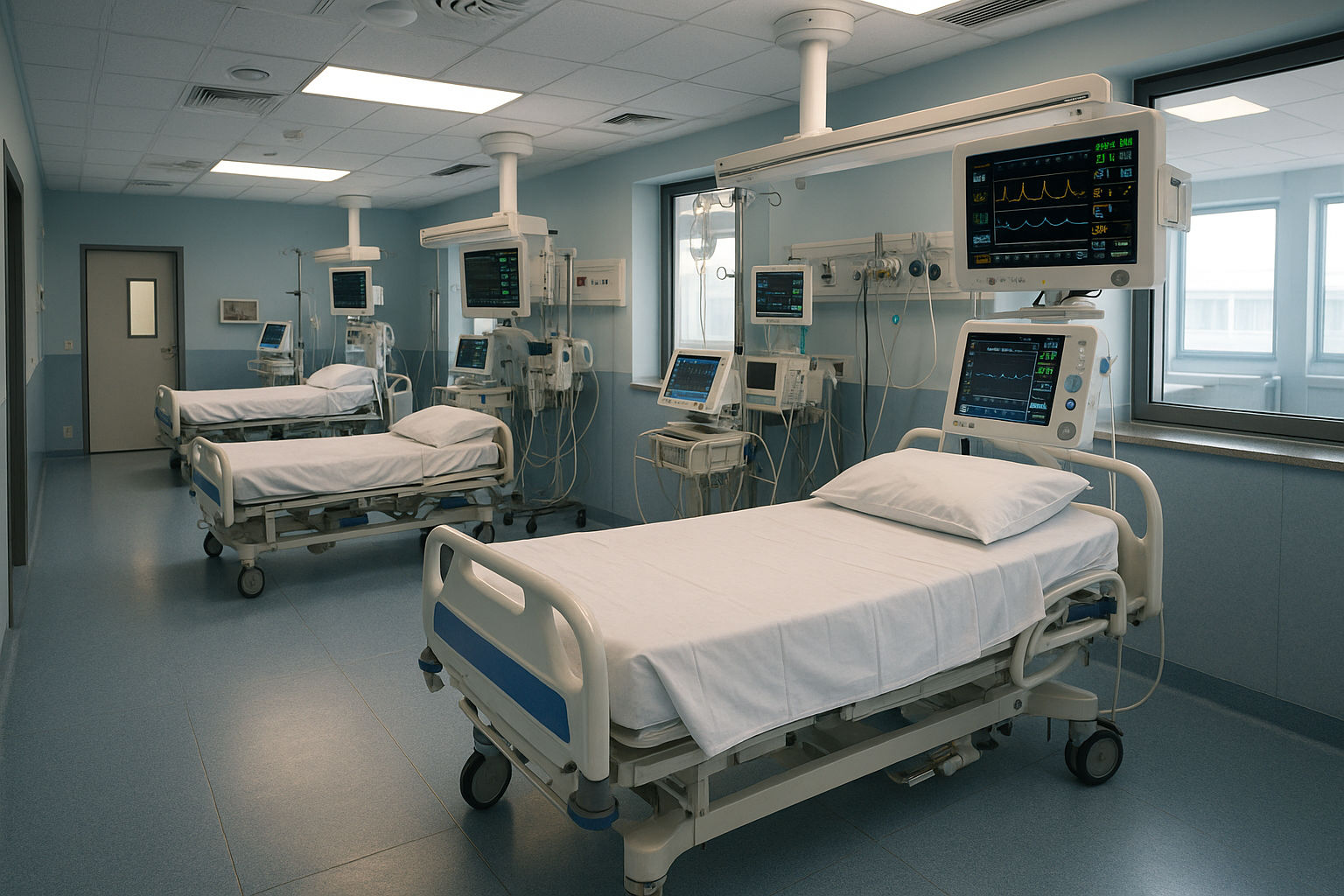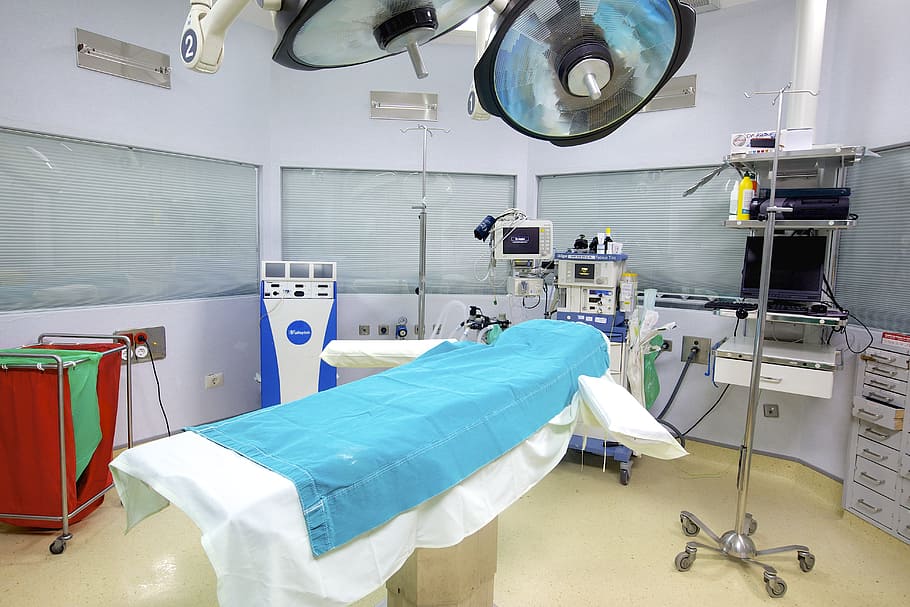This form must be filled daily. The cases can only be submitted one at a time
Critical Care Clinical Placement Learning objectives:
By the end of the clinical placement, you will be able to:
1. Perform systematic assessment and initiate early management of critically ill patients using evidence-based approaches.
2. Recognize and manage common ICU conditions such as shock, respiratory failure, and sepsis, including appropriate use of monitoring and support devices.
3. Demonstrate effective communication and teamwork in critical care scenarios, including handovers, family discussions, and emergency responses.
4. Apply ethical principles and professional behavior in delivering patient-centered care, especially in end-of-life and high-stress situations.
1. Perform systematic assessment and initiate early management of critically ill patients using evidence-based approaches.
2. Recognize and manage common ICU conditions such as shock, respiratory failure, and sepsis, including appropriate use of monitoring and support devices.
3. Demonstrate effective communication and teamwork in critical care scenarios, including handovers, family discussions, and emergency responses.
4. Apply ethical principles and professional behavior in delivering patient-centered care, especially in end-of-life and high-stress situations.
- Teacher: Dr Wagaki Gicheru
- Enrolled students: 22
This form must be filled daily. The cases can only be submitted one at a time
🩺Clinical Rotation Learning Objectives
General Objectives
By the end of the theatre clinical rotations, you will will be able to:
1. Demonstrate safe, evidence-based anesthesia practice across a variety of surgical and procedural specialties.
2. Integrate patient assessment data to formulate and implement individualized anesthesia care plans.
3. Exhibit professional, ethical, and culturally competent behavior in all patient care activities.
4. Apply critical thinking and clinical judgment in response to perioperative complications and emergencies.
5. Communicate effectively with patients, families, and the interdisciplinary healthcare team.
By the end of the theatre clinical rotations, you will will be able to:
1. Demonstrate safe, evidence-based anesthesia practice across a variety of surgical and procedural specialties.
2. Integrate patient assessment data to formulate and implement individualized anesthesia care plans.
3. Exhibit professional, ethical, and culturally competent behavior in all patient care activities.
4. Apply critical thinking and clinical judgment in response to perioperative complications and emergencies.
5. Communicate effectively with patients, families, and the interdisciplinary healthcare team.
Specific Objectives
A: Preoperative Phase Objectives
- Conduct a comprehensive pre-anesthetic evaluation including history, physical exam, and ASA classification.
- Identify anesthesia-related risk factors and develop an appropriate anesthetic plan.
- Obtain informed consent and ensure appropriate preparation of drugs and equipment.
- Demonstrate proper setup and operation of anesthesia machines and monitoring equipment.
- Safely induce, maintain, and emerge patients from general, regional, or monitored anesthesia care.
- Monitor and manage the patient’s hemodynamic, respiratory, and metabolic status throughout the procedure.
- Administer anesthetic agents, adjunct medications, and fluids appropriately.
- Anticipate and manage complications such as hypotension, difficult airway, bleeding or cardiac arrest.
- Provide safe handover and report to recovery or ICU staff using a structured communication tool (e.g., SBAR).
- Manage postoperative pain, nausea, airway protection, and vital signs stabilization.
- Monitor for and manage immediate post-anesthesia complications such as respiratory depression or bleeding.
Demonstrate competence in:
- Intravenous cannulation
- Airway management (mask ventilation, laryngoscopy, intubation, supraglottic airways
- Spinal and epidural anesthesia
- Peripheral nerve blocks (as applicable)
- Rapid sequence induction and difficult airway protocols
- Maintain accurate and complete anesthesia records.
- Reflect on clinical experiences through regular case presentations and feedback sessions.
- Participate actively in quality assurance, audits, and morbidity/mortality reviews.
-
Demonstrate commitment to patient safety, infection prevention, and ethical practice.
- Teacher: Dr Wagaki Gicheru
- Enrolled students: 22


